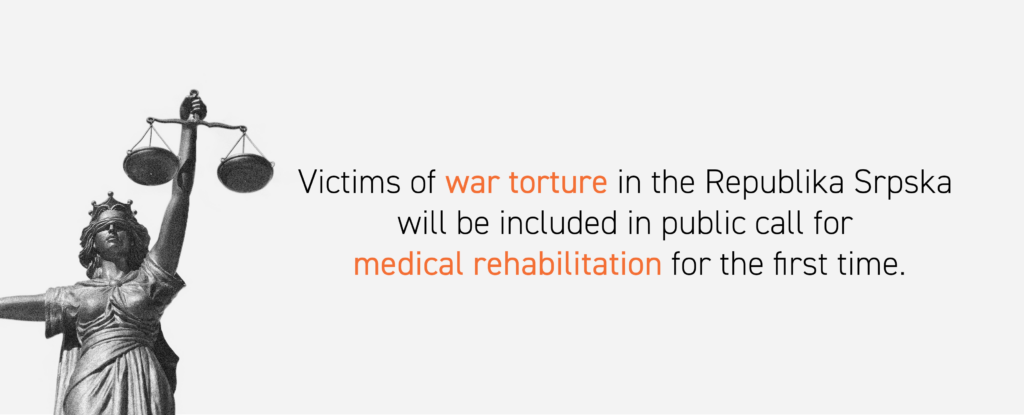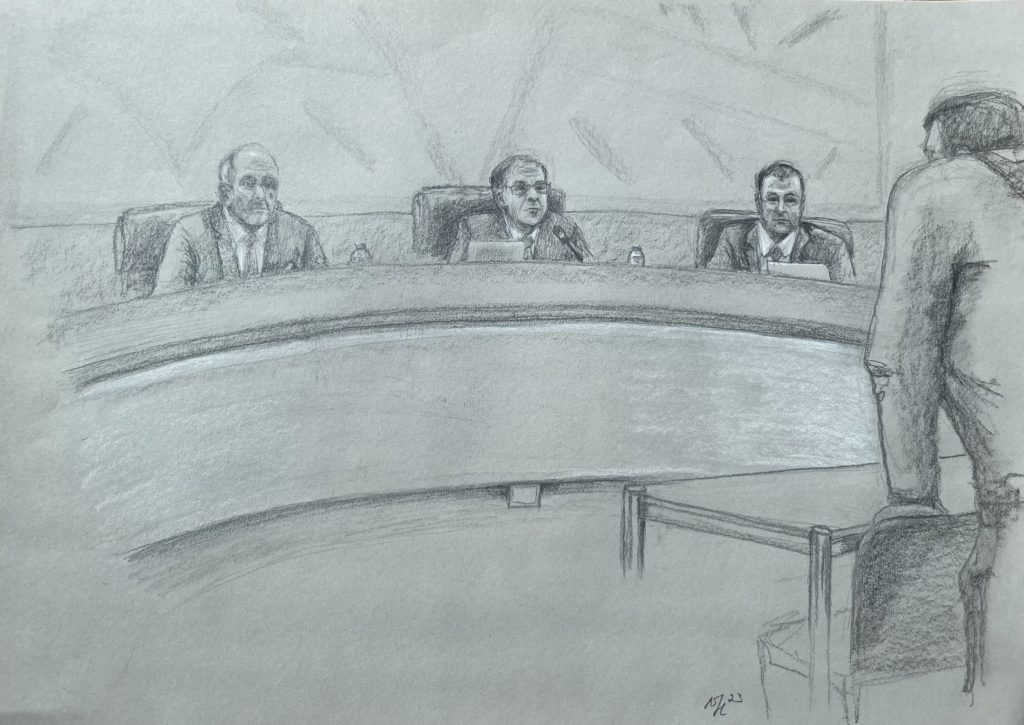Mexico must do more against enforced disappearances
TRIAL and eight local Mexican human rights organizations are submitting a report to the UN Committee Against Torture (CAT) assessing the measures taken by Mexico to comply with its obligations under the International Convention against Torture and other cruel, inhuman or degrading treatment or punishment.
The “war on drugs” initiated by former Mexican president, Felipe Calderón (2006-2012), claimed the lives of over 60,000 people. It is estimated that over 26,000 people disappeared in the same period. Human Rights Watch has considered this “the most severe crisis of enforced disappearance in Latin America in decades.”
According to government estimates over 26,000 people disappeared in Mexico between 2006 and 2012. Many of these involve migrants from Central America in transit to reach the United States. This group is particularly vulnerable to become victims of human trafficking and to abuse from authorities and their families face innumerable obstacles in the search for them. But according to the NGOs, Mexico hasn’t show significant progress to comply with its international obligations to the Convention:
- The recommendations previously issued by the CAT have not been duly implemented.
- The situation remains especially grave with regard to victims of enforced disappearance and their relatives, all the more when they are migrants.
“Despite reiterated recommendations issued by international bodies, there are not enough progresses in the investigation of cases of enforced disappearance, in the identification of those responsible and in their prosecution and sanction,” says Gabriella Citroni, TRIAL’s Senior Legal Advisor.
TRIAL and its partners highlight that in order to fully implement the Convention against Torture, Mexico must:
- establish a unified register of persons deprived of liberty;
- ensure that persons held in migrant-holding centres are granted measures of assistance and protection and that they can maintain regular communication with their loved ones;
- establish a unified register of persons victims of enforced disappearance ensuring that enforced disappearance of migrants is documented and its transnational dimension is taken into account;
- establish mechanisms for searching disappeared persons that are effective and with a transnational scope;
- facilitate access to justice for relatives of disappeared persons, in particular for migrants.
The situation of migrants subjected to enforced disappearance is particularly grave because neither Mexican authorities nor the authorities of the neighbouring countries count with any precise data on the exact number of victims of this crime. This makes it very difficult to implement an effective search and investigation.
“Relatives of disappeared people, and in particular of migrants, face significant obstacles in accessing justice. Often they are not recognized as victims and, especially when they live abroad, they cannot count on legal representatives before Mexican authorities“, adds Gabriella Citroni.
- read TRIAL report (in Spanish)
- read TRIAL executive summary (in English)










